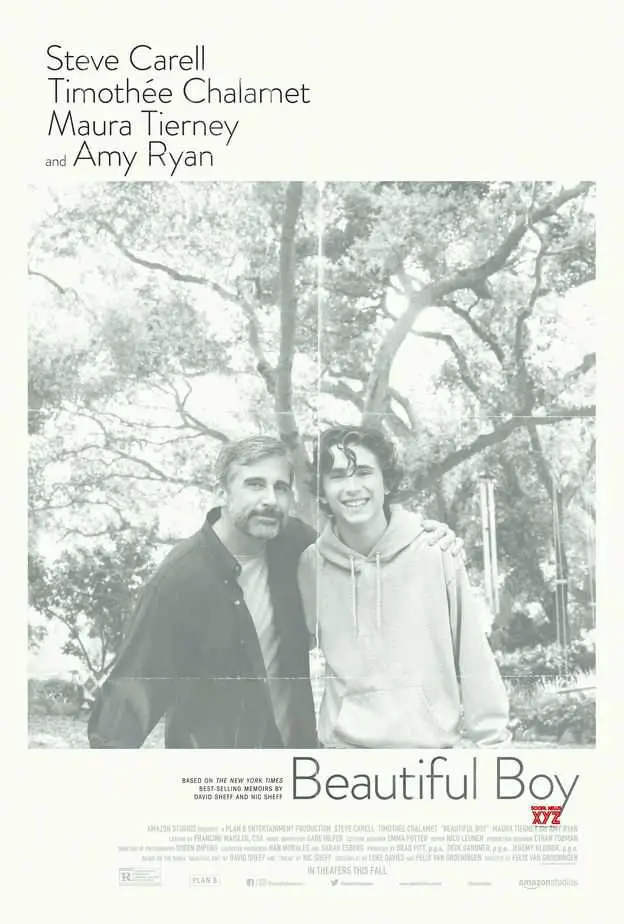The film tells the story of of David Sheff as his son spirals further into addiction, the drug of choice being meth in particular. Through the whiplash of relapse and recovery, Nic fights to gain a semblance of control over his disease while his father struggles to reconcile the son he once knew with the tragic reality of the present.
For a topic that is unmistakably dark and devastating, the film refuses to fully plummet into the degradation of the human soul when faced with the darkest shades life contains, those being depression, anxiety, addiction, and hopelessness. No pretentious airs of parental perfection are posed either; no soapbox is present. This is just how it is. This is just how a family bides their time in the limbo of a child half lost to amphetamines.
The fact that this work is an ode to familial love is evident; it makes this stance clear from the beginning. Less clear, however, is just how this film aims to incite action against the deadly toll of drug addiction. One-hundred and twelve minutes on the silver screen could never do such impossible work, yet one does wonder if the film could have dug a bit deeper into the “why’s” of the issue. Why do people, particularly young people, fall into this pattern? As Nic was brought up in a loving home, well-educated and full of interests and talents, it was not lack of promise that drove him to drugs. What is so sick in our world that leads to this self-medicating? This disease that, arguably, we have the power to light in ourselves, yet sadly do not possess the ability to ever fully remove? The National Institute on Drug Abuse reported that 72,000 people died of drug overdoses last year in the U.S. alone. It has always been easier to blame the user and add them to the faceless statistics than to blame the society that has left thousands of its people – particularly its youth – behind. So while “Beautiful Boy” never promised to offer direction as to how we as a society can do a better job of ending drug use the nation over, it does at the very least take one of these statistics, and give it a face, give it a family. And incite an audience to care.“No pretentious airs of parental perfection are posed either; no soapbox is present. This is just how it is”
Regardless of some shortcomings, there is still quite a bit to take from the film. Most obviously, perhaps, is the sensitivity and thought taken to tell the story. Timothée Chalamet leaves hearts struck down in the wake of his performance, not once misstepping or exaggerating in his portrayal of the addicted son. California itself, particularly San Francisco and Point Reyes, serves as a quiet but forceful character throughout the film. Any Northern Californian would recognize the stretches of headlands, the foggy hills from deep in their bones as home. That rough and rugged magic of green, craggy coastline. It’s also a reminder for us locals just how close to home this problem is.
The film, above all, offers viewers an honest glimpse at this journey. On a grander scale, this is life. Life and the abuse it inflicts upon us; some more than others. The abuse we inflict upon each other. Worst of all perhaps, are the deep abuses we exact on ourselves. But the ways we can recover; this too, is a rough and rugged kind of magic.
// ”Beautiful Boy” is playing in select San Francisco theaters now; opens everywhere October 26th. Photographs courtesy of the Beautiful Boy press room.

